The pandemic shut off the physical world and switched functions to the virtual world. As we know, the internet is a vast place with a lot of good and bad things lurking around. On one hand, it is the one stop solution for all your problems. On the other hand, it is the perfect place for hackers and data breachers. To ensure a safe and secure browsing, one must be aware of the different aspects of the internet.
Cybersecurity ensures that people experience safe browsing with prevention of data theft and hackings. Data breaches are becoming more frequent, and users are more vulnerable than ever before. Since one click can cost thousands, and even millions, users need effective Cyber security tips for students that can help them stay alert and safe online.
What is Cybersecurity?
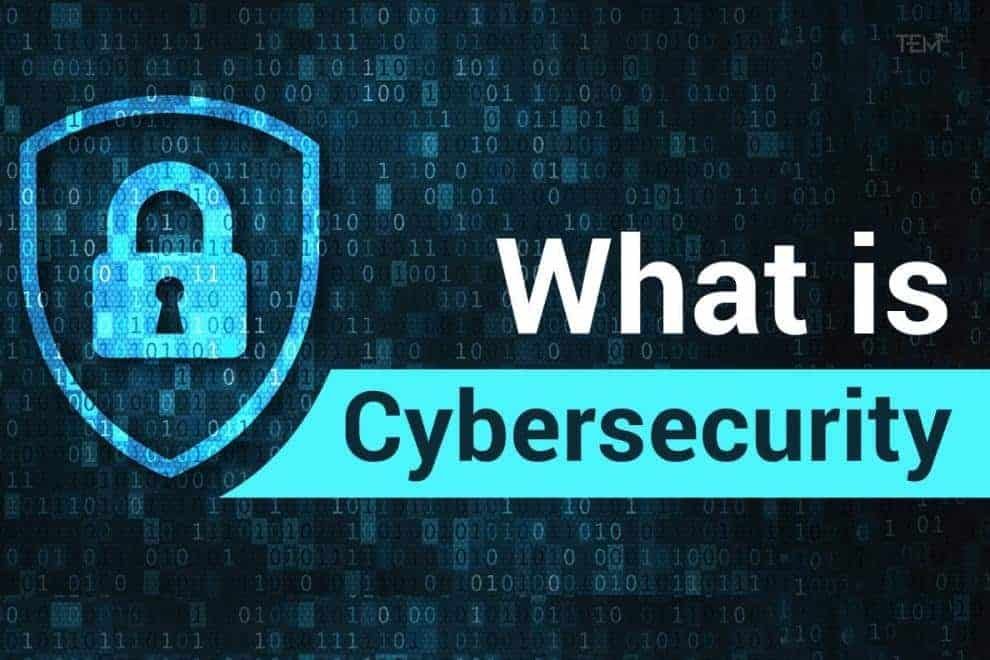
Cybersecurity is a strategy practiced by organisations and individuals to keep their data and credentials safe and protected against unauthorized access to data centers and other computerized systems. Cybersecurity ensures data prevention from online thefts and hacks. There are several types of cybersecurity threats like malware, ransomware, phishing, social engineering, etc.
Be it at home or at school, ensuring effective Cyber security tips for students is essential for the students as well as the parents and the teachers. As students are spending more time on digital learning platforms, it is the duty of both the parents and the teachers to assure a safe usage of the internet. Practicing effective cybersecurity tips is a challenging task as the threat landscape and potentials of breaches are exponentially evolving and increasing. These days hackers and breachers are drawing out data theft techniques that are becoming hard to break down.
Cybersecurity tips for students
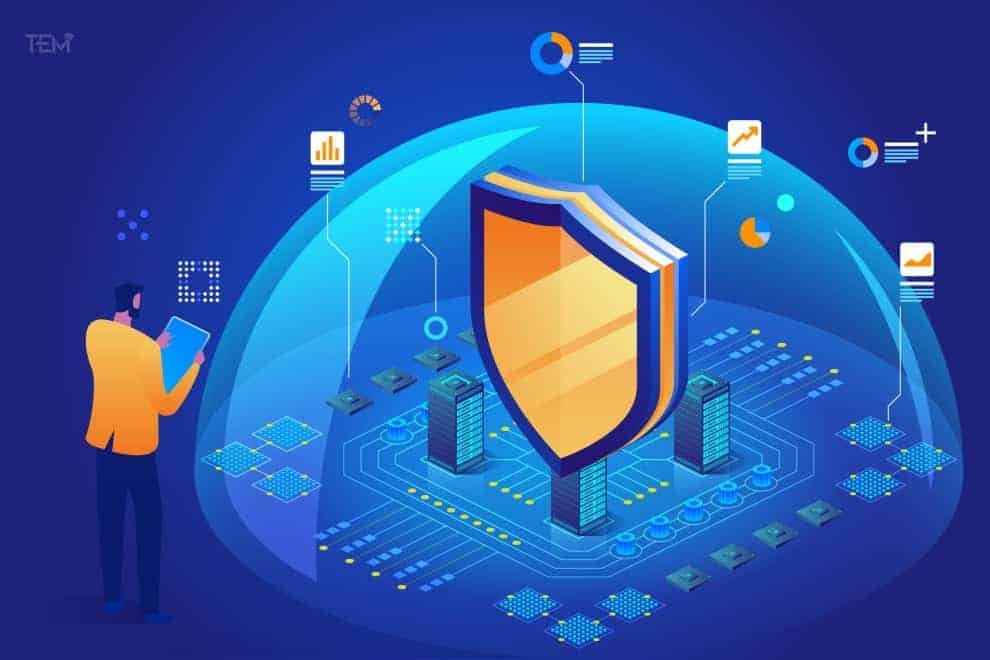
As the potential threats evolve and increase every day, it is very important to keep important cybersecurity tips in mind and practice effective measures while browsing the internet. Students are often new to the world of the internet and find it proactively exciting to explore various domains. Hence, it is essential for the adults to be responsible and ensure a safe browsing for them. Students should be taught different cybersecurity tips to keep in mind while using the internet.
Following are 10 Cyber security Tips for Students that can practice while making use of the internet:
1. Using encrypted and secured websites
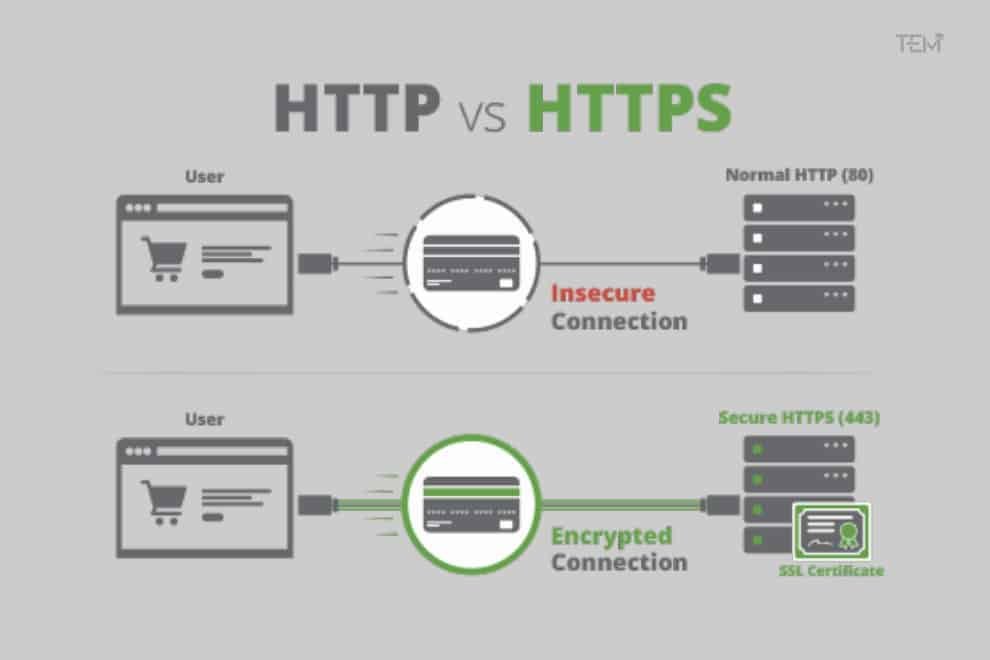
Make sure that the website you are visiting is encrypted and secure. Several unsecure websites act as the main breeding hubs for data thieves and potential hackers. Only browse websites with URLs that begin with “https” to protect from data leaking. Similarly, have a look at the privacy policies of the apps before using it.
2. Always use two-factor authentication
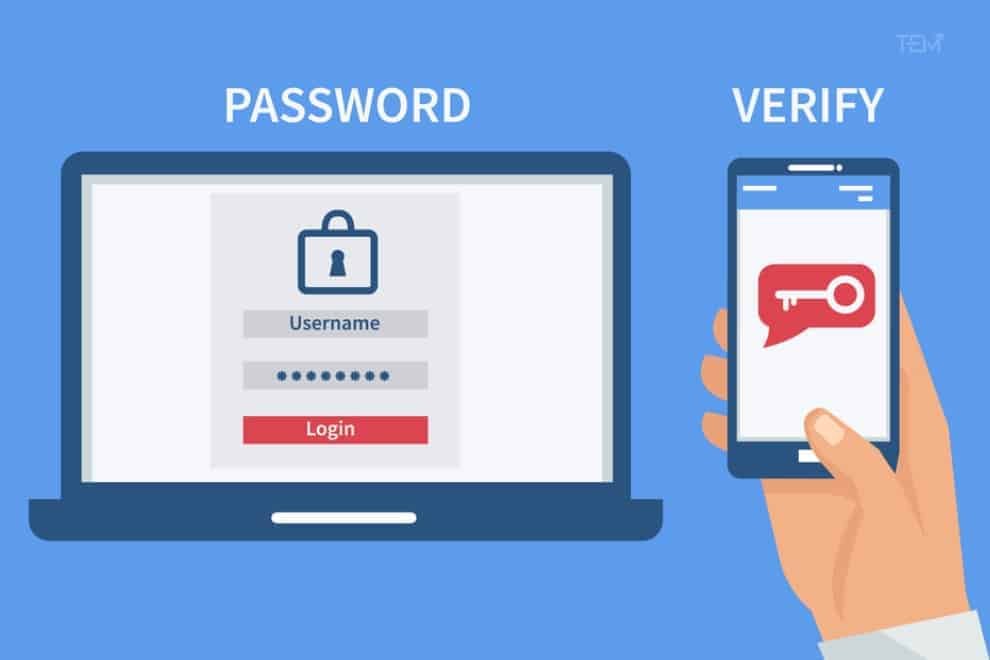
Two factor authentications is one of the best methods to help secure your accounts. This method provides two layers of security measures so if a hacker can accurately guess your password, there is still an additional security measure in place to ensure that your account is not breached. To secure your digital accounts, make sure to turn on the two-factor authentication method. This will notify you about possible intruders and privacy invaders.
3. Using strong passwords
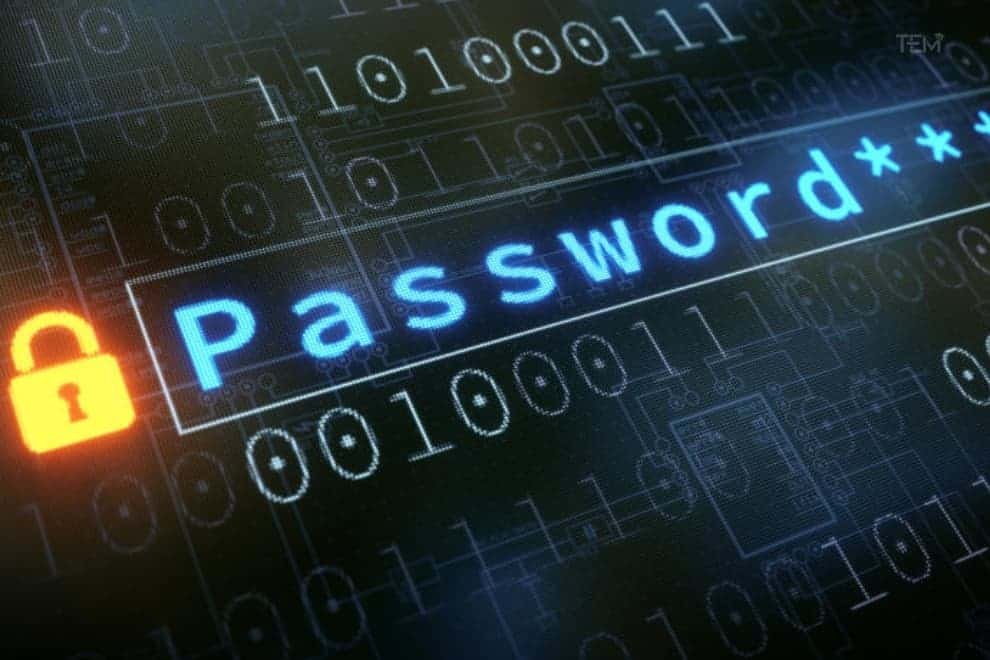
Use only strong and unique passwords that cannot be guessed in the first many attempts. Use numbers, symbols and other characters in your password and avoid using your personal info like name, phone number, and date of birth as your password.
4. Double check before clicking on anything
Never click on suspicious links that are sent by strangers and do not reply to messages from unknown sources. Make sure the URL is encrypted and protected before clicking on it.
5. Secure your social media-
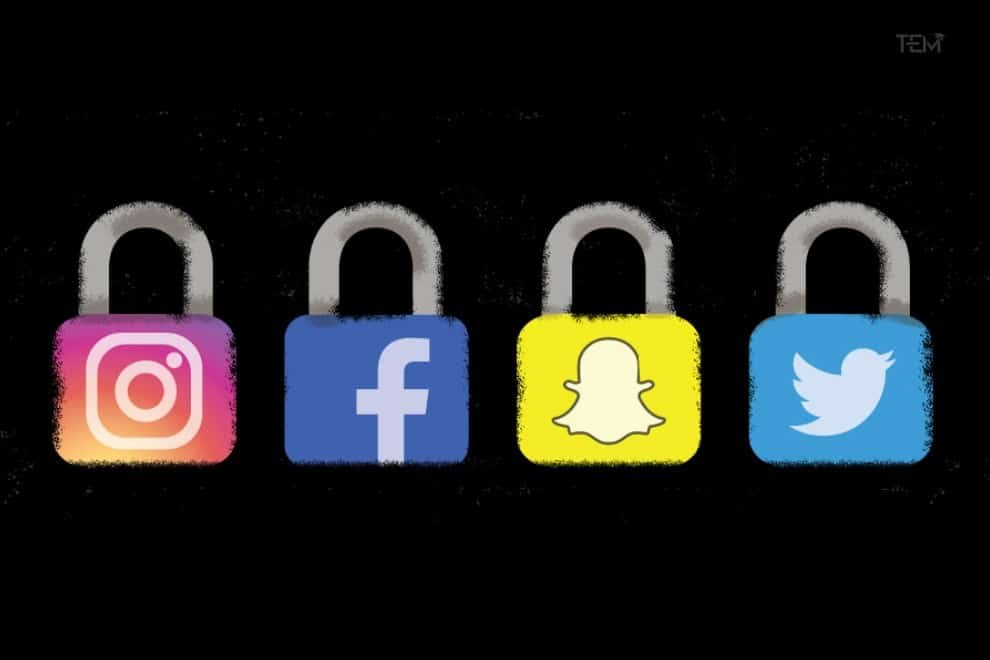
Make sure your social media accounts are well protected by strong passwords. Do not add unknown people to your lists or do not immediately click on the sources shared on social media platforms. Regularly monitor your accounts so that you can check for and report suspicious activities.
6. Look Out for Phishing Scams-
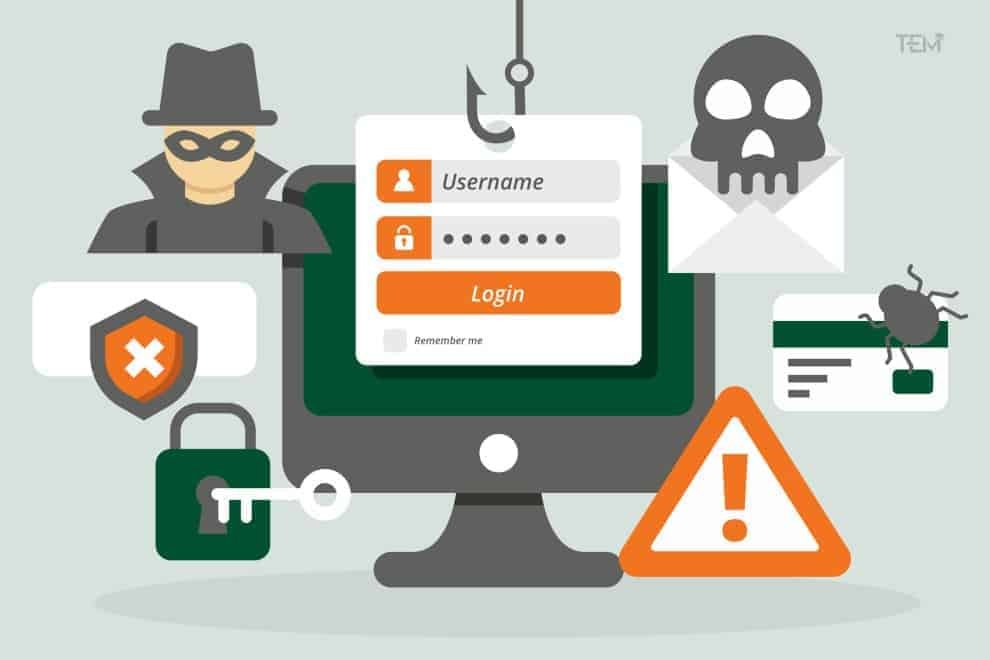
The best way to be on the lookout for phishing scams is by avoiding emails from unfamiliar senders, look for grammatical errors or any inconsistencies in the email that looks suspicious, and hover over any link you receive to verify what the destination is.
7. Keep Up with Updates-
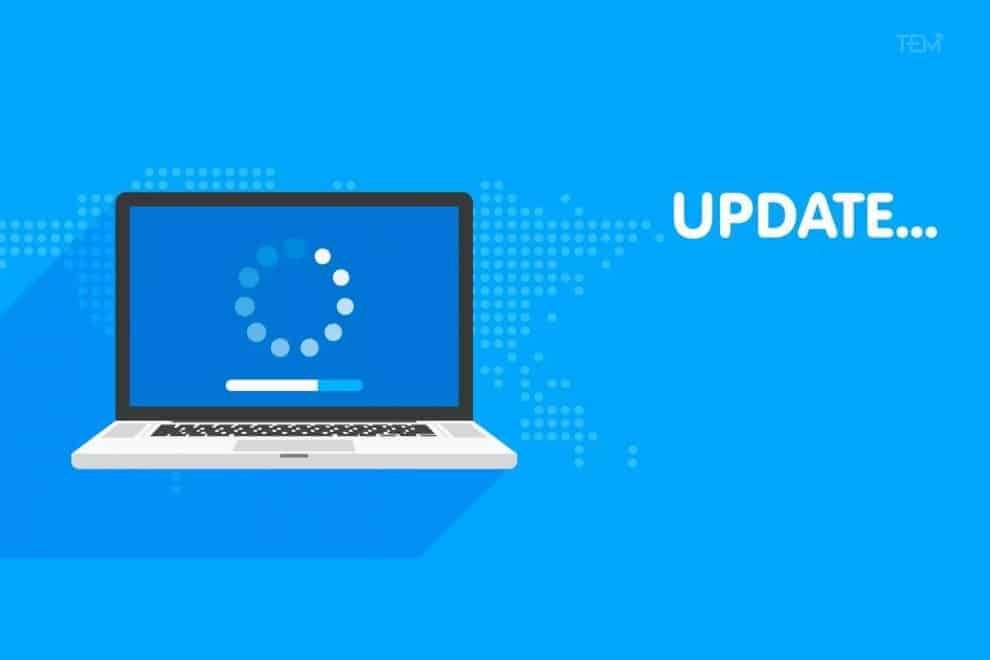
Update your devices and software regularly to keep them protected. Regular software and device updates will keep your devices secure from software malwares. Devices and softwares introduce new changes or troubleshoot any errors found in the devices. Hence it is very necessary to keep your devices updated.
8. Connect Securely-
Only connect to private networks when possible, especially when handling sensitive information. Never connect to an unsecured open network unless it’s provided by trusted sources like the government.
9. Back-Up Your Data-

Always keep back-up of your data. These days you can easily find affordable storage devices. Remember, malicious threats and hackers don’t always want to steal your data, but sometimes the end-goal is to encrypt or erase it. Back it up to have an ultimate recovery tool.
10. Parental Mode-

Every gadget, software or digital appliance has a parental mode feature. It offers you to impose restrictions on certain websites, provide access to various content and software installations. You can control and monitor children’s activities through this feature and protect them from cybersecurity thefts.
Why Prioritize Cybersecurity?
It is important to be mindful while using the internet because it is a vast world with thousands of users. It is important for students to keep the above mentioned cybersecurity tips handy and in mind while using the internet. Safe browsing is very essential as it ensures data security and prevents us from various data thefts and privacy hacks. So make sure you are aware of your internet usage and keep a record of every data. You can secure your browsing experience with various antivirus tools that also offer privacy security.
Also Read:- How Cyber Ethics Education can Save the Future?


